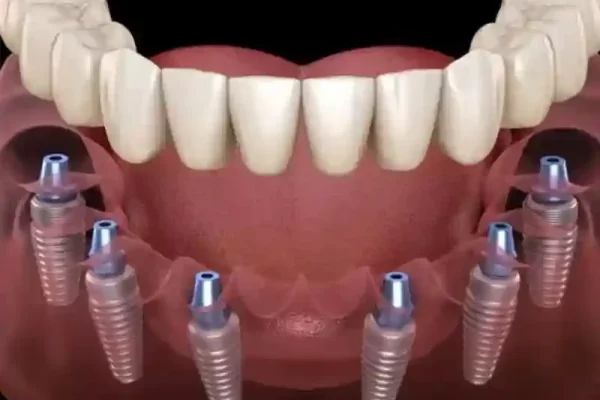Maintaining good oral health has tremendous benefits for your teeth and gums. Caring for your gums can help you prevent diseases associated with poor oral hygiene. However, if you already have gum disease, there are a variety of treatments that can help improve your condition. The treatment you acquire depends on the severity and state of your gum disease. Through a trusted gum treatments Campbell specialist, you can receive the best remedy and preventative cleaning for your gums. Learn more about gum treatments and how to choose the best gum treatment for your condition.
When Should You Consider Gum Treatments?
When you notice your gums are swelling, bleeding, or inflamed, it might signal you need gum treatment therapy. After diagnosis, your doctor might recommend a treatment option suitable for you to improve your condition. However, if you do not respond positively to treatment, they may recommend using a more extensive method.
You can also consider gum treatments if you have persistent bad breath or a bad taste in your mouth even after maintaining good oral hygiene. Untreated gum diseases can lead to more severe symptoms such as teeth falling out or becoming loose.
Which Are the Common Gum Treatment Methods?
Various gum treatment options control the growth of oral bacteria and restore the tissues supporting your teeth. They include surgical and non-surgical methods and medications. Learn more about each of these treatments below.
1.Non-surgical Gum Treatments Methods
Mild gum diseases are treatable through non-surgical therapies such as scaling, root planing, and dental cleaning. Under a local anesthetic, scaling and root planing remove tartar from your teeth, particularly around your gum lines and roots. It also prevents mild gum disease from worsening into periodontitis.
On the other hand, dental cleaning involves the removal of built-up plaque and tartar on your teeth during your routine dental check-ups. Tartar or plaque in your teeth can lead to gum disease or worsen potential gum disease.
2.Surgical Gum Treatment Methods
Your doctor or oral surgeon might recommend surgical therapy for severe or persistent gum diseases. They are done under general anesthesia, including flap and bone surgery, bone and tissue grafts, and tissue regeneration.
Flap surgery involves removing built-up tartar from the teeth by lifting the back of your gums. As a result, the space between the gums and teeth reduces, decreasing the chances of periodontal diseases.
Bone and tissue grafts are common surgical gum treatment procedures that rebuild and regrow damaged bone and gum tissues caused by untreated periodontal diseases.
3.Gum Treatments Medications
Specific antibiotic treatments such as minocycline, doxycycline, and tetracycline can treat gum diseases and reduce the formation of plaque or debris. Gum treatment medications can also temporarily remove bacteria or suppress the destruction of the teeth’ bone tissue.
Which Preventative Treatment Methods Treat Gum Diseases?
Gum diseases are primarily caused by plaque build-up on your teeth. Some practical ways to prevent gum diseases include regular brushing or flossing your teeth at least twice a day and replacing your toothbrush every one to three months. Also, ensure regular check-ups with your dentist or dental hygienist and avoid smoking.
If you notice unusual symptoms on your gums or teeth, contact Ueno Center Dental Specialists for a gum treatment therapy. Through the team of highly-skilled periodontists at Ueno Center Dental Specialists, you can improve your oral health and prevent further damage to your gums. Call or schedule an appointment through their office number to begin your gum treatment journey.











